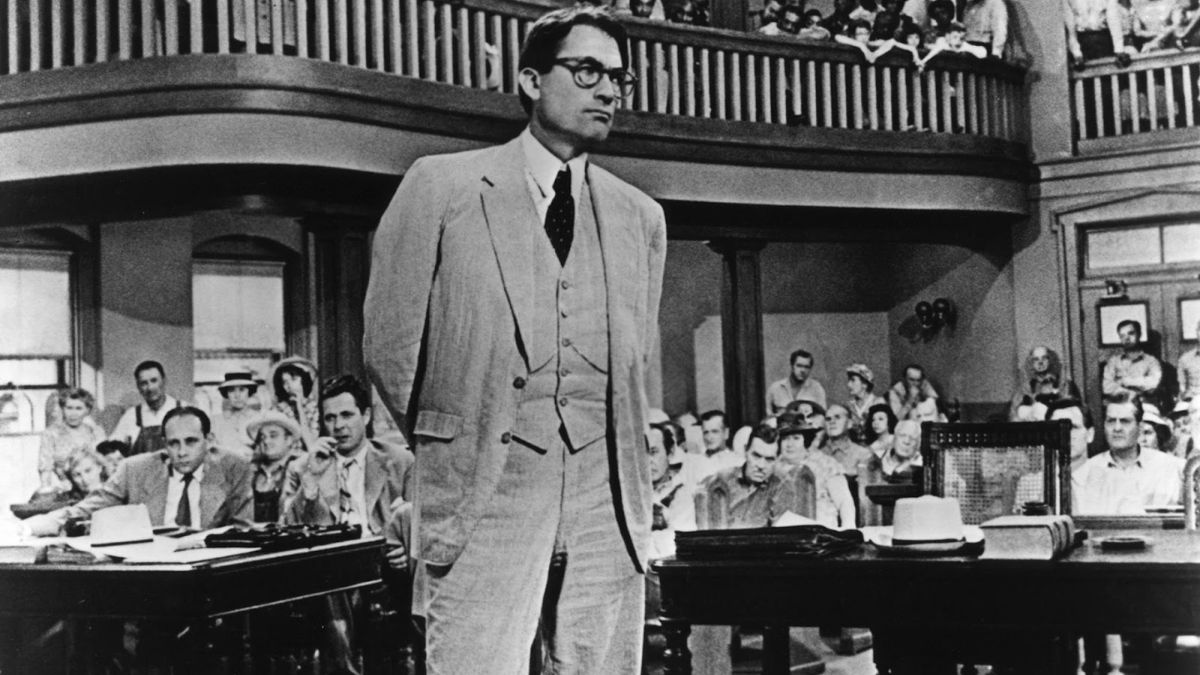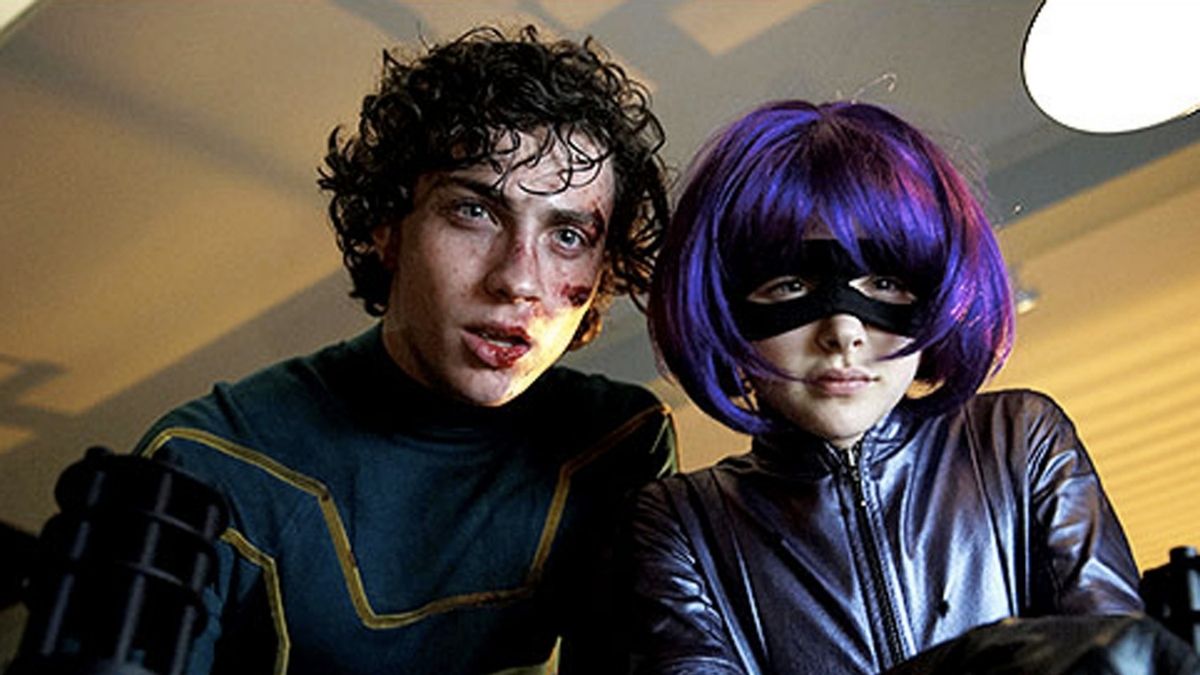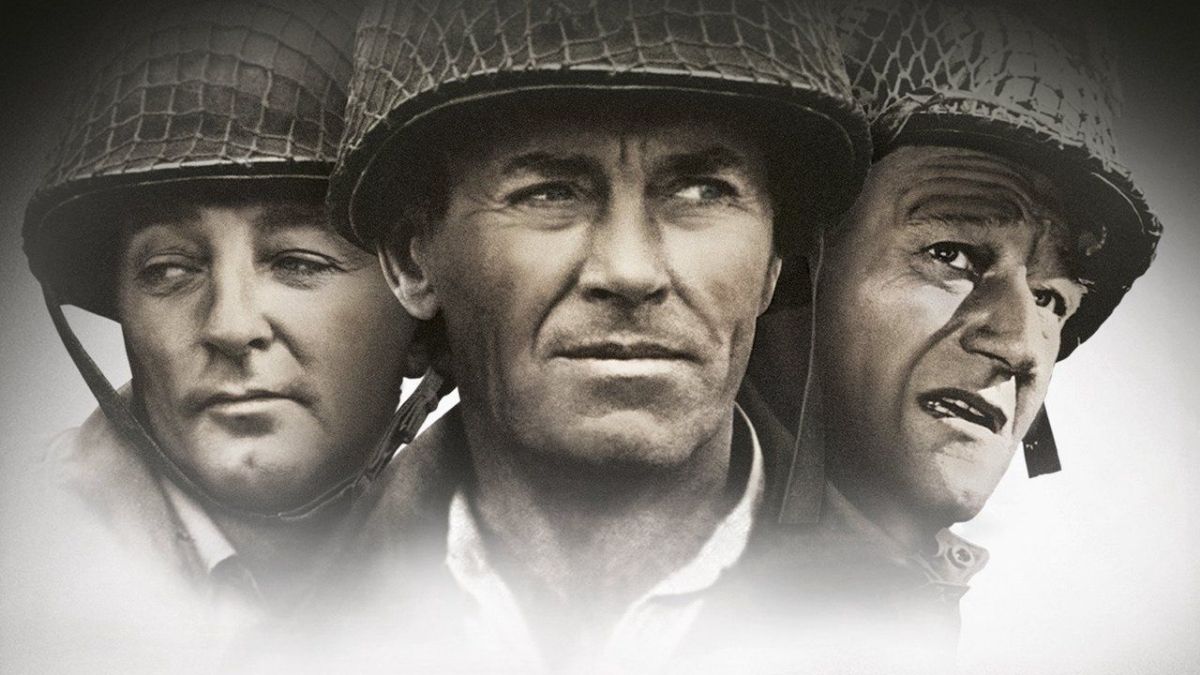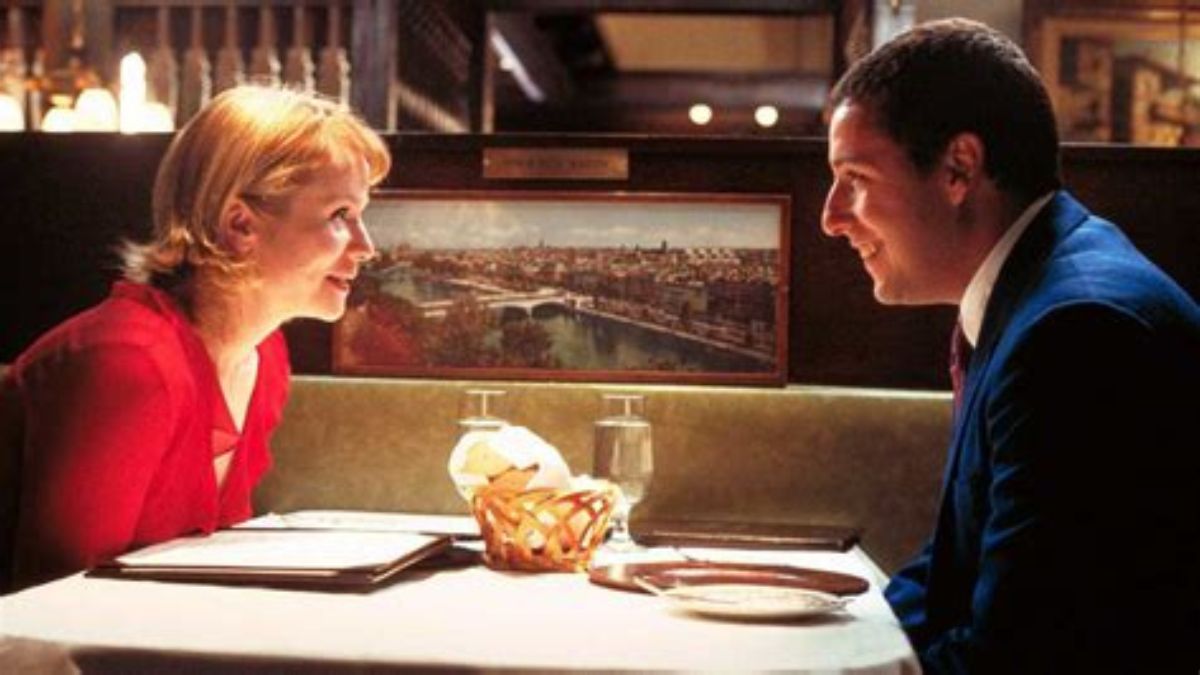Narrator
Narrator Monologues
Police Constable Nicholas Angel: born and schooled in London, graduated Canterbury University in 1993 with a double first in Politics and Sociology. Attended Hendon College of Police Training. Displayed great aptitude in field exercises, notably Urban Pacification and Riot Control. Academically excelled in theoretical course work and final year examinations. Received a Baton of Honour, graduated with distinction into the Metropolitan Police Service and quickly established an effectiveness and popularity within the community. Proceeded to improve skill base with courses in advanced driving… and advanced cycling. He became heavily involved in a number of extra-vocational activities and to this day, he holds the Met record for the hundred metre dash. In 2001, he began active duty with the renowned SO19 Armed Response Unit and received a Bravery Award for efforts in the resolution of Operation Crackdown. In the last twelve months, he has received nine special commendations, achieved highest arrest record for any officer in the Met and sustained three injuries in the line of duty, most recently in December when wounded by a man dressed as Father Christmas.
Narrator Monologues
She said she was terrified of being alone. Terrified of living without him. That when she left, she'd be like Bambi on the ice. And that was precisely why she had to do it. Aksel mumbled soothing words she didn't hear. She was thinking about how, at the age of 30, she'd just compared herself to Bambi.
At 30, Julie's mom, Eva, had been divorced for two years. A single mom, and accountant in a publishing house. At 30, Julie's grandmother had three children. She played Rebecca West in "Rosmersholm" at the National Theater. At 30, Julie's great-grandmother, Astrid, was a widow, alone with four children. Julie's great-great-grandmother had seven children. Two died of tuberculosis. Julie's great-great-great-grandmother, Herta, was a merchant's wife with six children in a loveless marriage. Julie's great-great-great-great-grandmother never turned 30. The life expectancy for women at the time was 35 years.
Eivind turned it into a funny story he told everyone. But it touched something deeper in her. Awoke something in her. She googled her family name. Her grandfather came from the Far North. The DNA sample she sent to America confirmed it. Eivind didn't see how her newfound identity as 3.1% Sami connected to mind-expanding substances and unrelated exotic rituals, but tried to be supportive. As she became increasingly militant, she saw how climate change was hurting indigenous people. Inuit starving as seals vanish. Melting ice ruining reindeer pastures. Aborigines dying of skin cancer from the hole in the ozone. Eivind could forget about flying to New York. She made them live more sustainably. He could always do better. Study the ingredients more closely. Consider the environmental impact of his purchases. Plastic is killing the oceans. Norwegian cod was ferried to China and back. Cobalt mining was destroying the Congo. Batteries had blood on their hands. The sum of Western guilt sat beside him on the couch. Went to bed with him at night. Everything was weighed against the greater cause. He felt he was betraying Sunniva. Betraying the Sami people. Felt like the world's worst person, but couldn't resist.
Later she said that was the precise moment she fell in love with him.
Julie disappointed herself. This used to be easy. She was still among the top students, but there were too many interruptions, updates, feeds, unsolvable global problems. She sensed a gnawing unease she had tried to suppress by cramming by drowning it in digital interference. This was wrong. This wasn't her. She'd chosen medicine because it was so hard to gain admission. Where her excellent grades actually meant something. But then she had a revelation. Her passion had always been the soul. The mind, not the body.
She observed her fellow students. Norway's future spiritual advisers. Mostly girls with borderline eating disorders.
Eivind didn't want kids either. Climate researchers foresaw hard times for future generations. Overpopulation was the reason everything was falling apart. Julie liked how this pessimism added depth to his cheerful nature.
Narrator Monologues
Heroes, whatever high ideas we may have of them, are mortal and not divine. We are all as God made us, and many of us much worse.
It is widely held that too much wine will dull a man's desire. Indeed it will... in a dull man.
Happy the man and happy he alone, he who can call today his own. He who secure within can say, tomorrow do thy worst, for I have lived today.
Our hero grew apace. A country lad far happier in the woods than in the study. A bad hero it may be, with many a weakness. But then, if Adam hadn't had such a weakness for apples, there would be nobody to tell Tom's story at all. And a part of that story tells of the sport that Tom found in the woods.
It is not true that drink alters a man's character. It may reveal it more fully.
Let dogs delight to bark and bite, for God has made them so. Let bears and lions growl and fight, for 'tis their nature to. But ladies, you should never let such angry passions rise. Your little hands were never made to tear each other's eyes.
Our hero, alas, was always being exploited by villains like Black George, for a generous man is merely a fool in the eyes of a thief.
Molly's favors, after all, had not been bestowed on Tom alone. Our hero, unlike many other men, was fortunate enough to discover the father of his child in time.
In the west of England there was once a Squire Allworthy. After several months in London he returns home.
Mr. Thwackum and Mr. Square were Tom's tutors. Over the years they tried, with little success, to thrash into Tom a sense of virtue and religion. They had, however, a more apt pupil. Soon after Tom had been found, the Squire's sister Bridget married a captain Blifil and they had a son. This young man was quite different than Tom. He was sober, discreet and pious beyond his age and the whole neighborhood resounded in his praise.
Molly's reputation was destroyed, and Tom's heart was heavy with remorse. Perhaps Mr. Square was right: that the wicked are snared in the work of their own hands.
It's not true that drink changes a man's character. It can reveal it more clearly. The Squire's recovery brought joy to Tom, to his tutors, sheer disappointment.
It is hard when a woman leaves a man nothing but memories and a muff.
'Tis said that hope is a bad supper, but makes a good breakfast.
To die for a cause is a common evil. To die for nonsense is the devil.
Vauxhall Garden! Where people come to see and to be seen! In heaps they run, Some to undo, and some to be undone.
Narrator Monologues
How could she ever hate them for what was at bottom merely their weakness? She would probably have done things like those that had befallen her if she had lived in one of these houses. To measure them by her own yardstick, as her father put it. Would she not, in all honesty, have done the same as Chuck and Vera and Ben and Mrs Henson and Tom and all these people in their houses? Grace paused and as she did, the clouds scattered and let the moonlight through, and Dogville underwent another of those little changes of light. It was as if the light previously so merciful and faint finally refused to cover up for the town any longer. Suddenly, you could no longer imagine a berry that would appear one day on a gooseberry bush, but only see the thorn that was there right now. The light now penetrated every unevenness and flaw in the buildings and in the people. And all of a sudden, she knew the answer to her question all too well. If she had acted like them, she could not have defended a single one of her actions and could not have condemned them harshly enough. It was as if her sorrow and pain finally assumed their rightful place. No. What they had done was not good enough. And if one had the power to put it to rights, it was one's duty to do so - for the sake of other towns, for the sake of humanity and not least, for the sake of the human being that was Grace herself.
Whether Grace left Dogville, or on the contrary Dogville had left her - and the world in general - is a question of a more artful nature that few would benefit from by asking, and even fewer by providing an answer. And nor indeed will it be answered here.
Grace paused. And while she did, the clouds scattered and let the moonlight through and Dogville underwent another of those little changes of light. It was if the light, previously so merciful and faint, finally refused to cover up for the town any longer. Suddenly you could no longer imagine a berry that would appear one day on a gooseberry bush, but only see the thorn that was there right now. The light now penetrated every unevenness and flaw in the buildings and… in the people! And all of a sudden she knew the answer to her question all too well: if she had acted like them, she could not have defended a single one of her actions and could not have condemned them harshly enough.
It was not Grace's pride that kept her going during the days when fall came and the trees were losing their leaves, but more of a trance like state that descends on animals whose lives are threatened - a state in which the body reacts mechanically in a low tough gear, without too much painful reflection. Like a patient passively letting his disease hold sway.
And then it was as if Dogville just waited. Even the wind dropped, leaving the town in an unfamiliar calm. As if somebody had put a large cheese dish cover over it, and created the kind of quietness that descends while you're awaiting visitors.
This is the sad tale of the township of Dogville. Dogville was in the Rocky Mountains in the US of A, up here where the road came to its definitive end, near the entrance to the old abandoned silver mine. The residents of Dogville were good honest folks, and they liked their township. And while a sentimental soul from the East Coast had once dubbed their main street Elm Street, though no elm had ever cast its shadow in Dogville, they saw no reason to change anything. Most of the buildings were pretty wretched, more like shacks, frankly. The house in which Tom lived was the best, though, and in good times, might almost have passed for presentable. That afternoon, the radio was playing softly, for in his dotage, Thomas Edison senior had developed a weakness for music of the lighter kind.
It was as if the light, previously so merciful and faint, finally refused to cover up for the town any longer. Suddenly you could no longer imagine a berry that would appear one day on a gooseberry bush, but only see the thorn that was there right now. The light now penetrated every unevenness and floor in the buildings and… in the people.
If forgiveness was close at hand in the mission house, they were all hiding it well. It hadn't been easy for Tom to get them there. Appealing to consciences stowed farther and farther away by their owners every day, as if they were as fragile as Henson's glasses after polishing, proved quite a task. But if one was going, the others might as well come along too, so nobody could talk behind anybody's back.
Narrator Monologues
In the end we had pieces of the puzzle, but no matter how we put them together, gaps remained. Oddly shaped emptiness mapped by what surrounded them, like countries we couldn't name. What lingered after them was not life, but the most trivial list of mundane facts. A clock ticking on the wall, a room dim at noon, the *outrageousness* of a human being thinking only of herself.
We knew the girls were really women in disguise, that they understood love, and even death, and that our job was merely to create the noise that seemed to fascinate them.
So much has been said about the girls over the years. But we have never found an answer. It didn't matter in the end how old they had been, or that they were girls… but only that we had loved them… and that they hadn't heard us calling… still do not hear us calling them from out of those rooms… where they went to be alone for all time… and where we will never find the pieces to put them back together.
Collecting everything we could of theirs, the Lisbon girls wouldn't leave our minds but they were slipping away. The color of their eyes was fading along with the exact locations… of moles and dimples. From five, they had become four, and they were all the living and the dead, becoming shadows. We would have lost them completely if the girls hadn't contacted us.
What lingered after them was not life, but the most trivial list of mundane facts: a clock ticking on a wall, a room dim at noon, and the outrageousness of a human being thinking only of herself.
We knew that they knew everything about us,and that we couldn't fathom them at all.
Given Lux's failure to make curfew everyone expected a crackdown, but few anticipated it would be so drastic. The girls were taken out of school, and Mrs. Lisbon shut the house in maximum-security isolation.
No one could understand how Mrs. Lisbon and Mr. Lisbon, our math teacher, could produce such beautiful creatures.
We would never be sure of the sequence of events. We argue about it still.
We felt the imprisonment of being a girl, the way it made your mind active and dreamy. And how you ended up knowing what colors went together.
We felt the imprisonment of being a girl.
In the end, Parkie won because of the Cadillac, Kevin Head because he had the killer weed, and Joe Hill Conley because he won all the school prizes which Trip thought would impress Mr. and Mrs. Lisbon.



